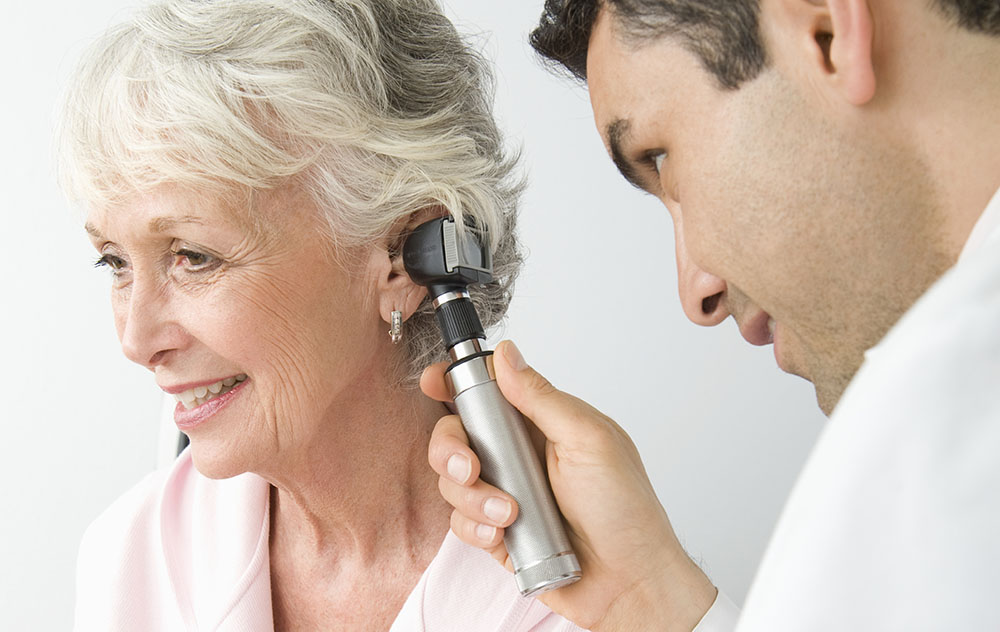Biometric Hearing Aids: What Are They and How Do They Work?
Your hearing loss is as unique as you are, and so should be the solution.


Your hearing loss is as unique as you are, and so should be the solution.

Hearing health is intricately linked to our overall well-being, yet the

Hearing tests are necessary to assess your auditory function, but only two